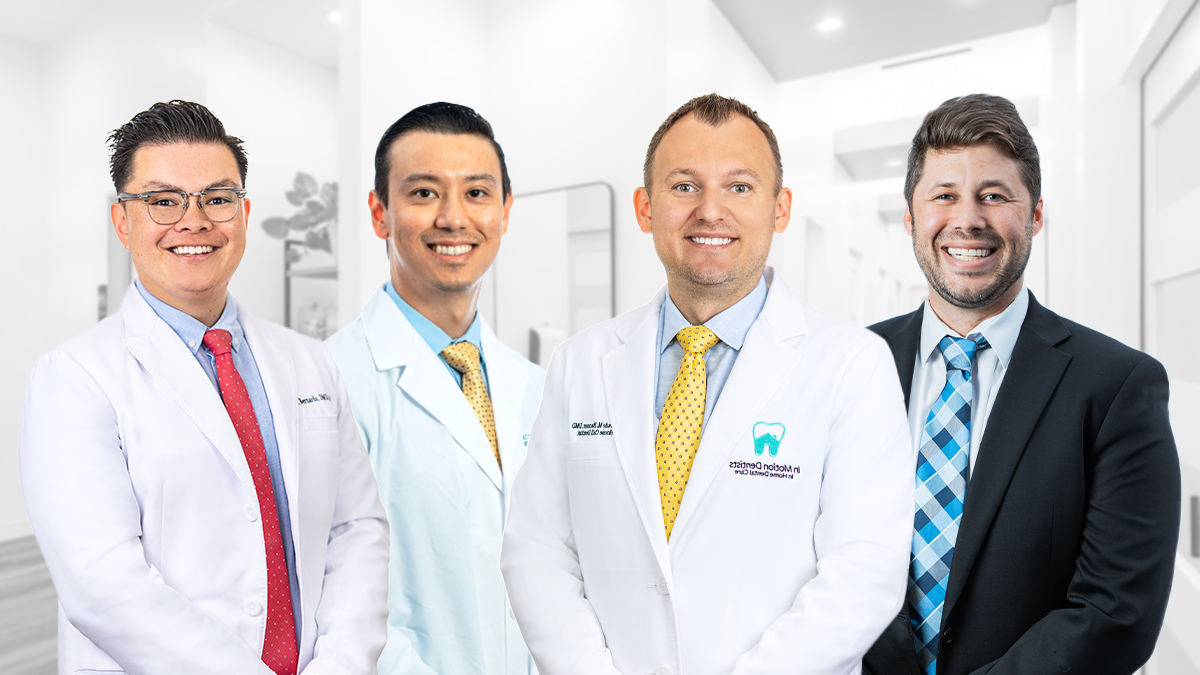 An impact to your mouth, biting a hard object, chewing crunchy food, or falling—can all cause a chipped tooth. But is a chipped tooth a dental emergency, or can it wait? We explain how to tell if you need to see a dentist right away. And we will discuss treatment options for a chipped tooth.
An impact to your mouth, biting a hard object, chewing crunchy food, or falling—can all cause a chipped tooth. But is a chipped tooth a dental emergency, or can it wait? We explain how to tell if you need to see a dentist right away. And we will discuss treatment options for a chipped tooth.
Do You Need an Emergency Dentist for a Chipped Tooth?
You need to see an emergency dentist for a chipped tooth depending on the extent of damage and your symptoms. See the guidelines below:
- Chip size – A small chip on a tooth edge or corner may not need immediate attention. But large chips can affect the tooth pulp, or living tissue, and lead to infection, so call an emergency dentist.
- Bleeding – When a chipped tooth or your gums around it are bleeding, you need prompt treatment.
- Looseness – See an emergency dentist if you feel any looseness in the tooth, even if the chip is minor.
- Your symptoms – If you feel pain or pressure in the tooth or sensitivity to heat, cold, or your touch, call a dentist right away.
Are you still unsure of whether your chipped tooth is a dental emergency? Call a dental office to describe the issue, and they will advise you.







